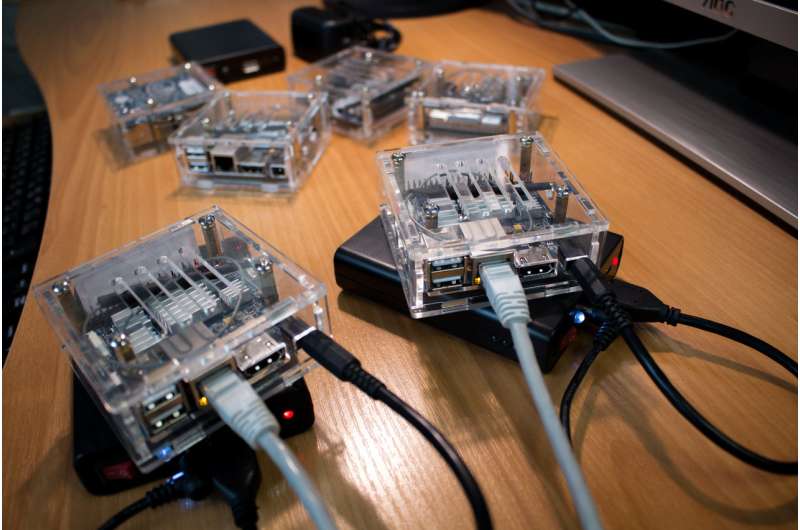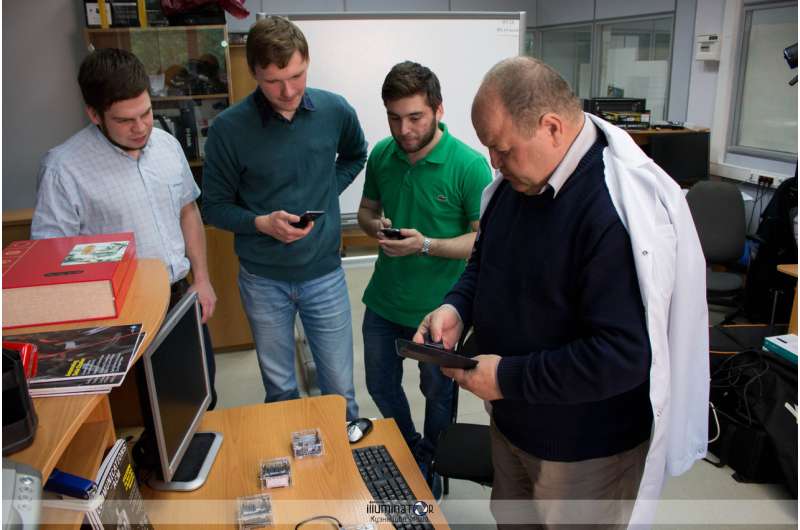Scientists increase internet speed up to one and a half times

Scientists from Samara University and the University of Missouri (Columbia, Missouri) have developed an algorithm that provides fast and reliable access to powerful data processing centers for solving high-tech tasks. Their work has been reported in IEEE Transactions on Network and Service Management.
The algorithm is based on a special routing method. It provides quick access to the most powerful large data processing centers in the world. This is relevant for solving problems that require high-precision calculations both in the field of fundamental science and for the implementation of applied projects.
"The mechanism can be used by the scientists who conduct experiments at the Large Hadron Collider at CERN," says co-author Andrey Sukhov, as an example. "They calculate tasks in the laboratories scattered all over the world, and make inquiries to the computer centers of CERN. They also need to exchange both textual information and high-resolution streaming video online. The technology that we offer will help them with this." Moreover, the algorithm can be used by specialists involved in the International Thermonuclear Experimental Reactor, which is being constructed at the CEA research center in France.
The authors of the article offer the following scenario for implementation. The user puts forward four basic requirements—a certain signal bandwidth, the speed of data transmission in Kbps, cloud storage and the price of the service. The algorithm gives the client solutions to the specified criteria, while offering the best options for any network connection protocol, including fiber optic networks or Wi-Fi.
The quality and speed of data transmission is achieved due to the superior constrained shortest path finder algorithm made by the scientists. Thus, the data transmission speed can be increased up to 50 percent. The developers called this algorithm "The Neighborhoods Method," and have already tested it in another study, in which they presented a method of organization of uninterrupted mobile communication on the basis of self-organizing networks.
"In the article published in the IEEE Transactions on Network and Service Management journal, we actually presented an extended version of the constrained shortest path finder tailored to the network virtualization area," Andrey Sukhov said.

With the algorithm, international projects are being developed. Among them is an experimental installation for the study of combustion reactions, which is being built within a mega-grant under the guidance of Florida International University researcher Alexander Mebel. There are only three such installations in the world, and all of them are abroad. The proposed algorithm will allow leading scientists from all over the world to connect to the theoretical calculations of the mechanisms of combustion reactions.
More information: A Constrained Shortest Path Scheme for Virtual Network Service Management, IEEE Transactions on Network and Service Management (2018). DOI: 10.1109/TNSM.2018.2865204
Provided by Samara University




















